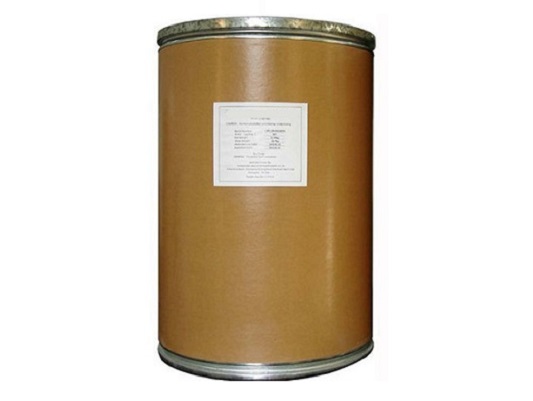
Aspartame is an artificial, non-saccharide sweetener used as a sugar substitute in some foods and beverages.
Aspartame is a methyl ester of the aspartic acid/phenylalanine dipeptide.
Aspartame is a methyl ester of the dipeptide of the natural amino acids L-aspartic acid and L-phenylalanine. Under strongly acidic or alkaline conditions, aspartame may generate methanol by hydrolysis.
Aspartame , an artificial sweetener, is approximately 200 times sweeter than sucrose, or table sugar
Specification:
Solubility In Water Freely Soluble
Solubility In Ethanol Slightly Soluble
Ultraviolet Absorption227±2nm
Test For Potassium Positive
Appearance White Powder
Assay (On Dry Basis) 98.00%-102.00%
Specific Rotation +14.50°~+16.50°
Transmittance 95.0%Min
Arsenic( As) 3ppm
Loss On Drying 4.50%Max
Residue On Ignition 0.20%Max
Ph Value 4.50~6.00
L-Phenylalanine 0.50%Max
Heavy Metal( Pb) 10ppm
Conductivity 30max
Fluorid( Ppm) 10max
Other Related Substances 2.0%Max
Packing: in 25kgs fiber drums according to customer's requirement.
Applications:
Aspartame is a new-style intense sweetener of amino acid. It is a dipeptide compound made from L-aspartic acid and L-phenylalanine. It has no after taste such as bitter, chemical and metal taste. Aspartame can enhance the flavor of fruit and reduce the bitterness of coffee. Furthermore, aspartame can decrease calories effectively, and it will not cause decayed tooth. Aspartame has the same metabolic function as protein.
Aspartame has many advantages such as good flavor, intense sweetness, low calories and high safety. It is widely used in carbonated beverage, jam, instant coffee, frozen milk products, chewing gum, sweetmeat, salad dressing. Aspartame also can be made into different forms, such as granule, troche, powder or liquor.and added as the substitution of saccharose into normal sweetmeats which adapt to diabetes and adiposis sufferers.
